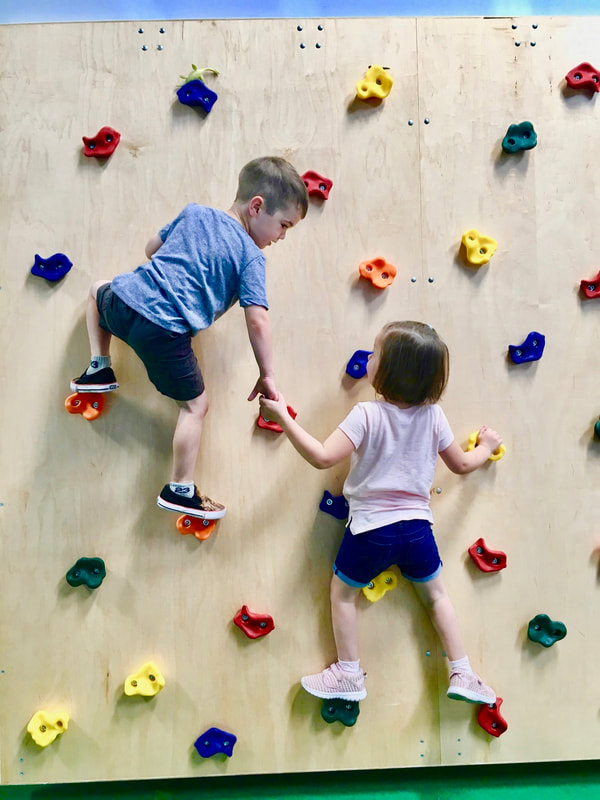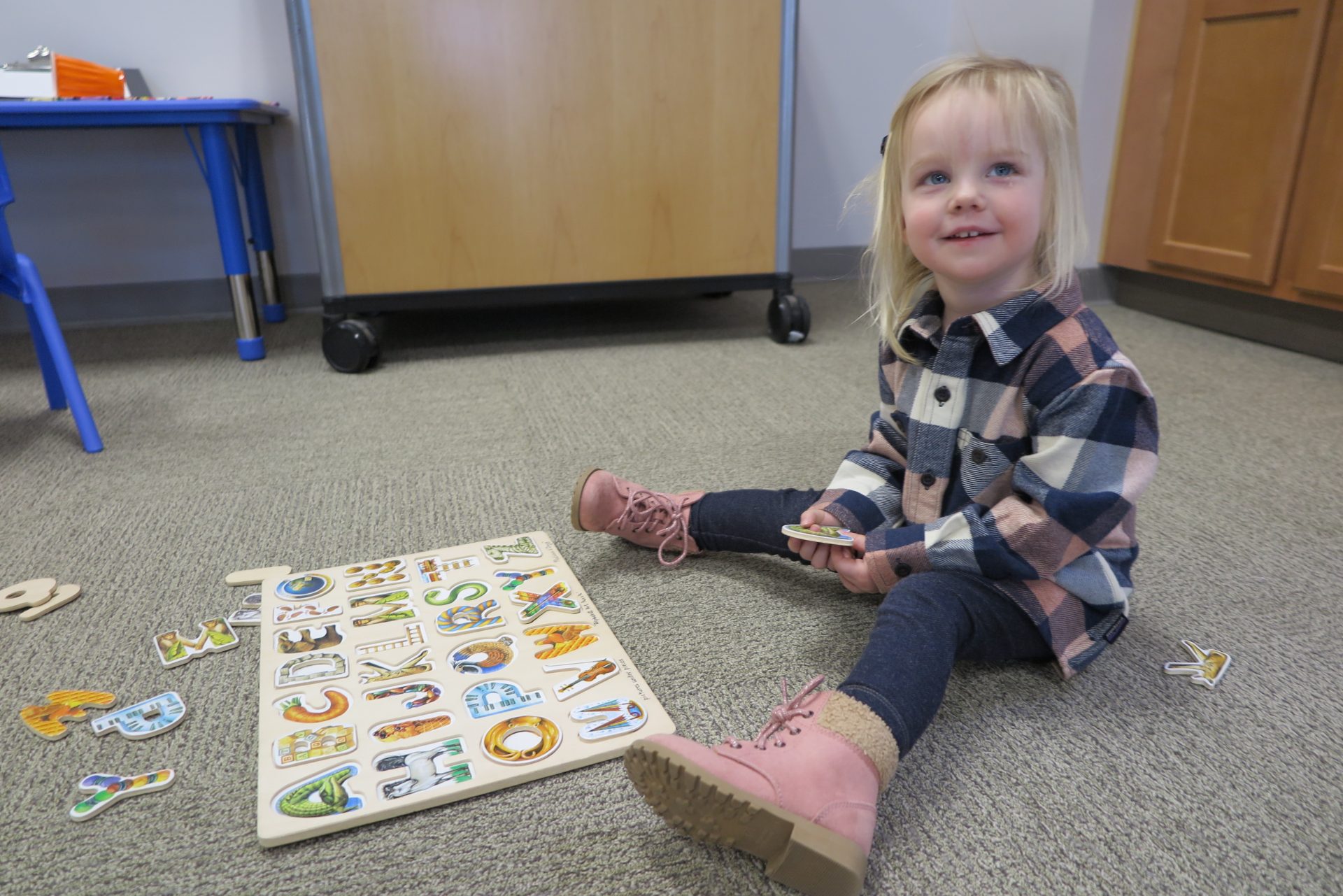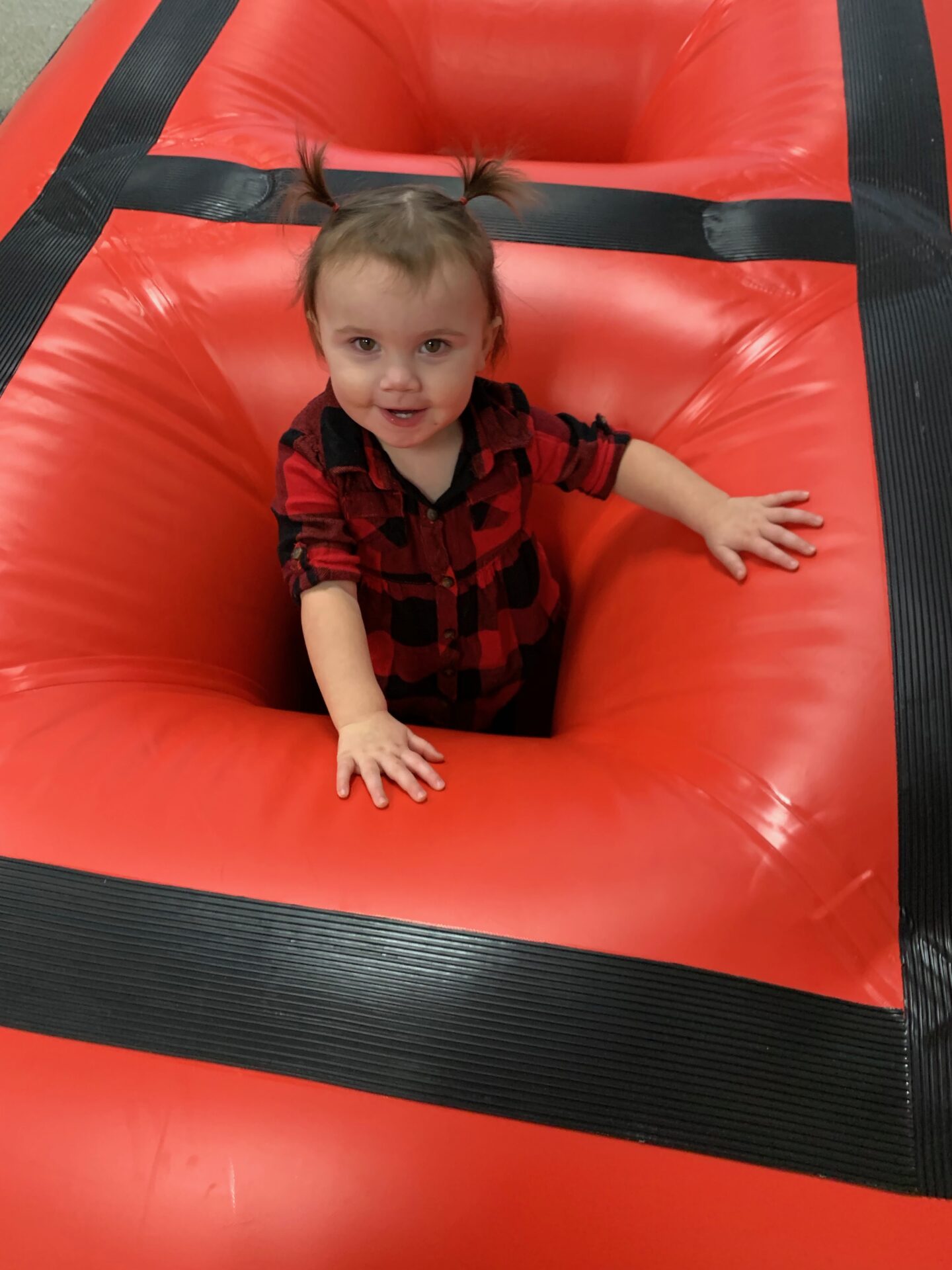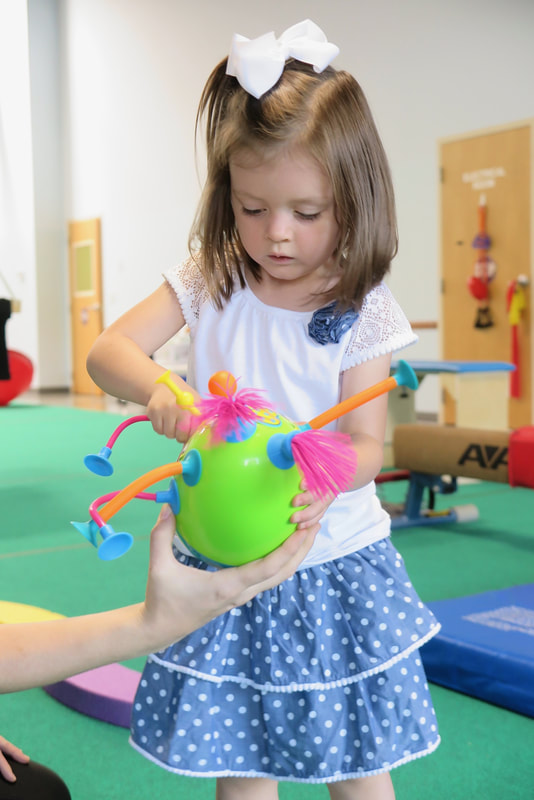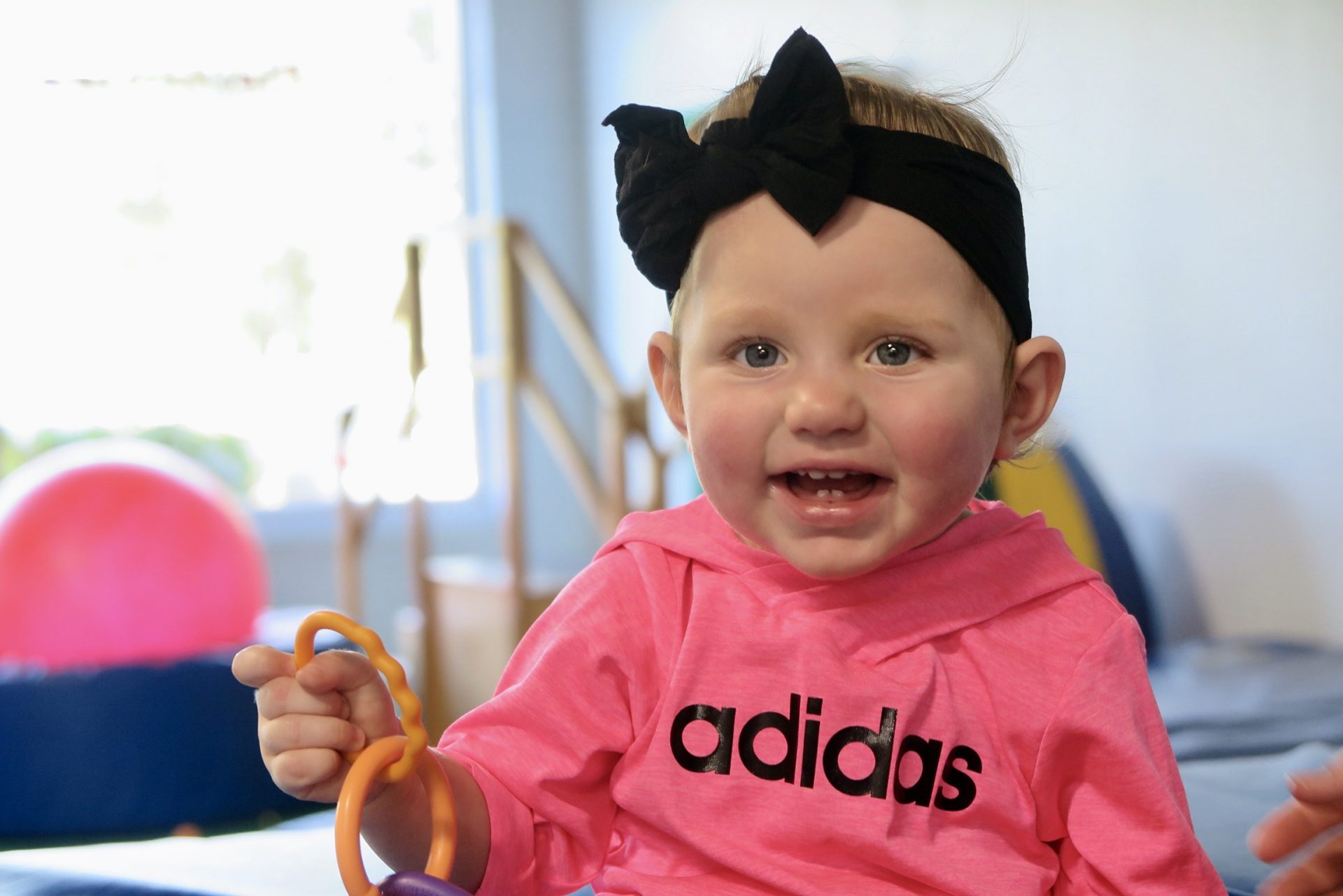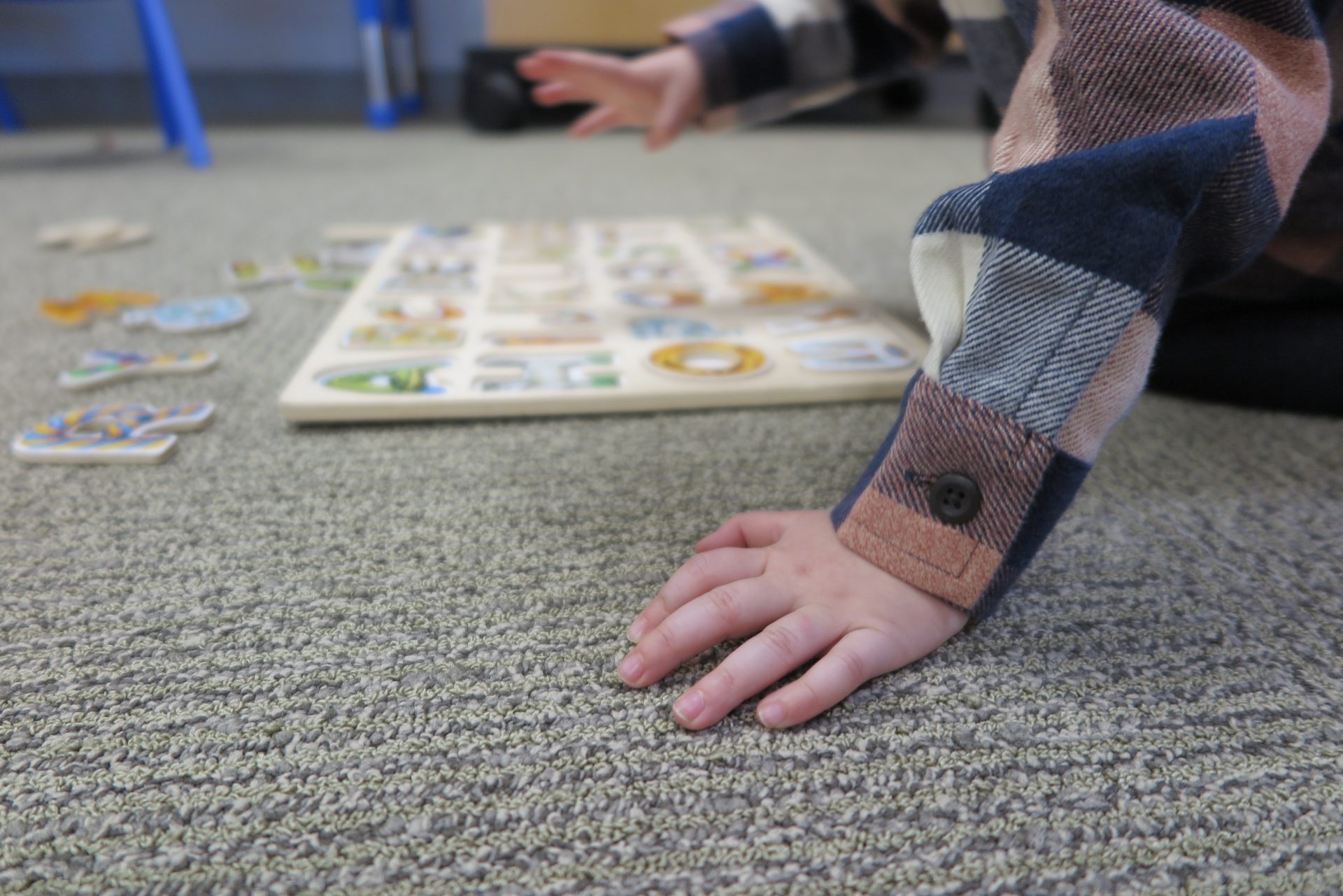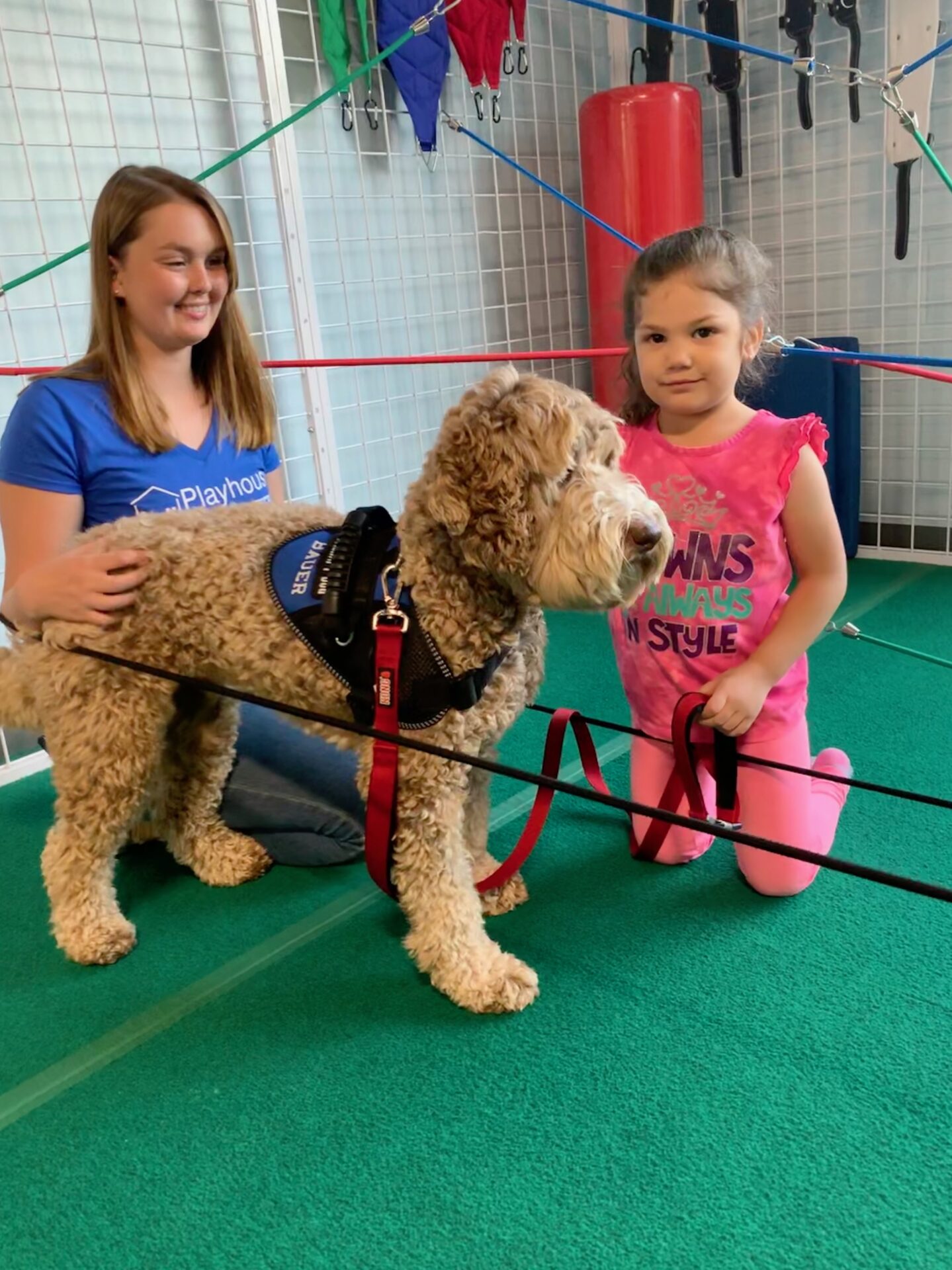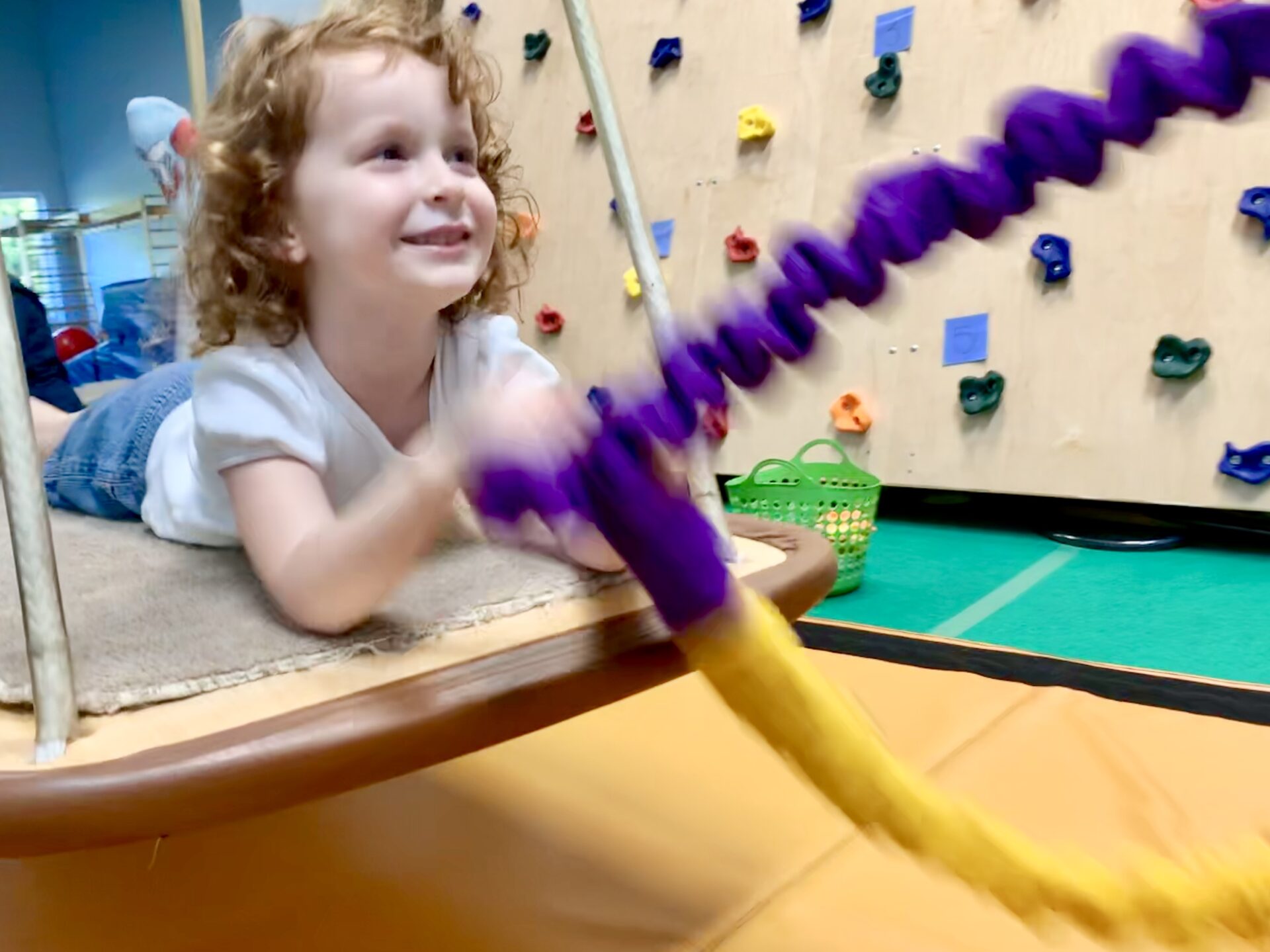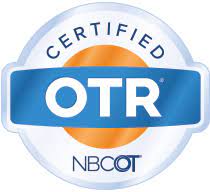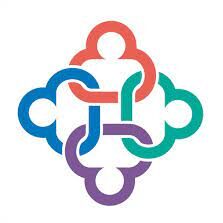Preschool: Top 5 Reasons Why Preschool is Important
Questioning whether or not to send your child to preschool? From a therapist perspective, preschool is such an important piece to practicing skills required later down the road. It facilitates structure, independence, social-emotional learning, and the foundation for higher level skills.
1. PLAY AT PRESCHOOL
Play is how kids learn! They learn to use their imagination, be creative, socialize with others their age, share, and problem solve when an obstacle arises. It also provides various play experiences through structured and unstructured activities, all of which allow children to build confidence, a sense of self, and critical thinking skills.
2. STRUCTURE
Preschool is where children start to participate in more structured routines like stations, lining up, singing a morning song, or learning the days of the week. Consistent routines are important for understanding expectations, predictability, and at the same time adapt to any changes that may arise.
3. FOUNDATIONAL SKILLS
Preschool helps you develop:
- Fine motor skills (pre-writing strokes, grasp, stringing beads, scissor skills)
- Visual motor skills (building block structures, coloring)
- Gross motor skills (catching, jumping, playing on the playground)
- Communication skills (having conversations with others, identifying colors, asking questions)
4. INDEPENDENCE
Preschool instills independence and provides an opportunity for children to develop self advocacy skills and personal interests. Within preschool, children start learning how to take responsibility for their actions and provide numerous occasions to complete simple tasks on their own.
5. SOCIAL-EMOTIONAL LEARNING
The preschool environment gives children the chance to engage with others, navigate conflict, understand their own emotions, and learn about empathy. Building on these skills at a young age provides children opportunities to grow and reach their full potential and beyond.
If you find that your child may have trouble in one or more of these areas, reach out to the BDI Playhouse office to schedule a free OT, ST, or PT screen.
Written By: Kiersten Robertson, MOT, OTR/L

